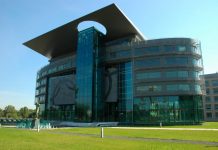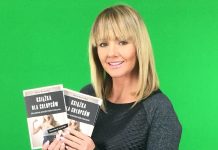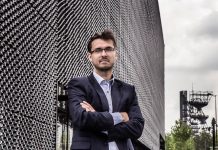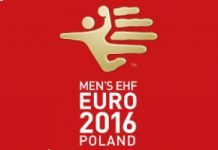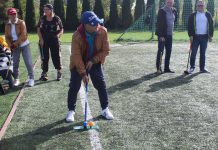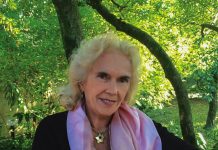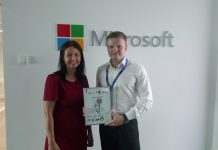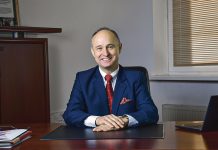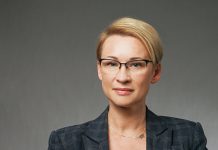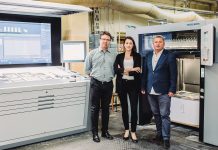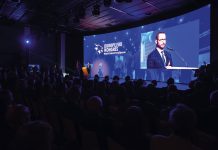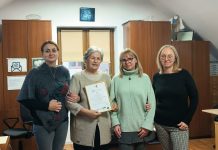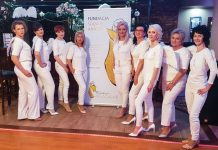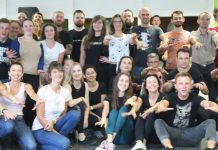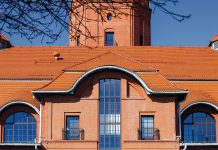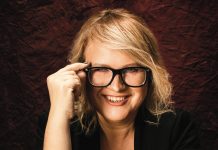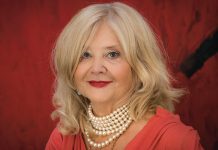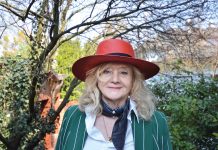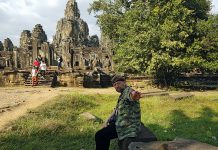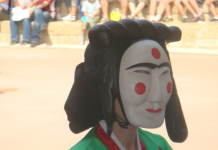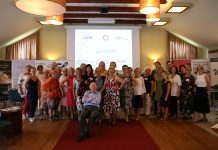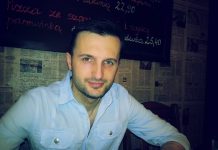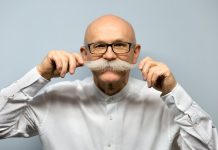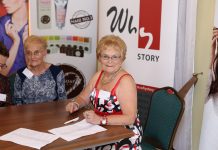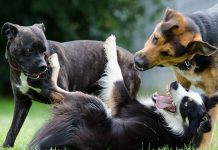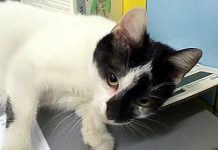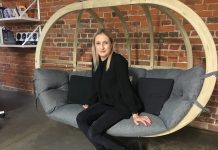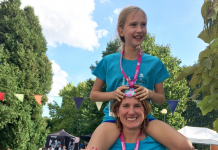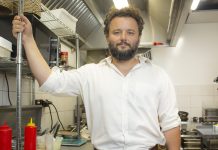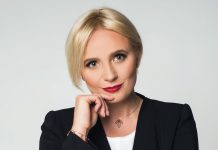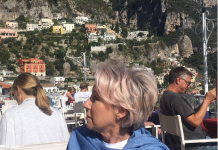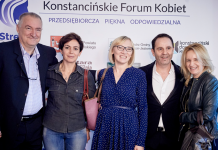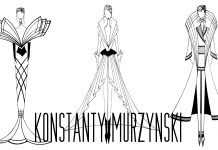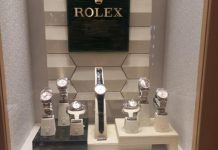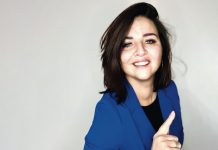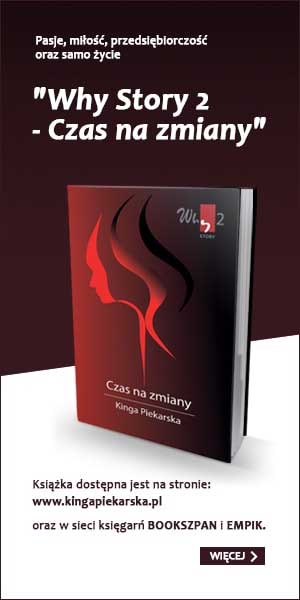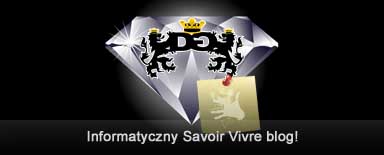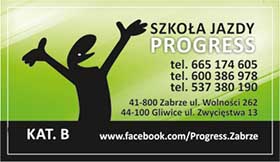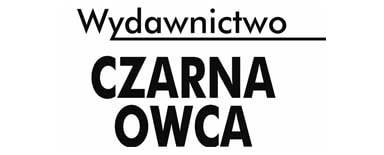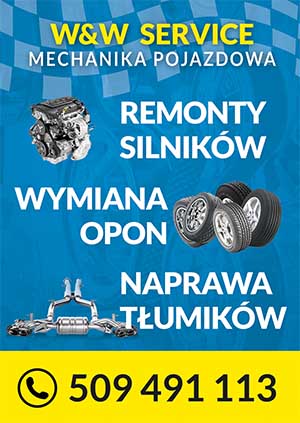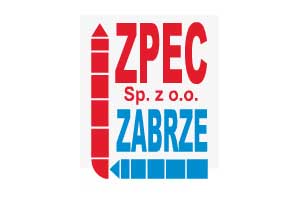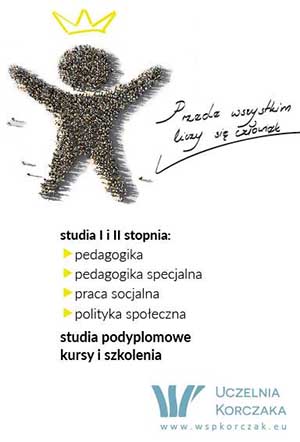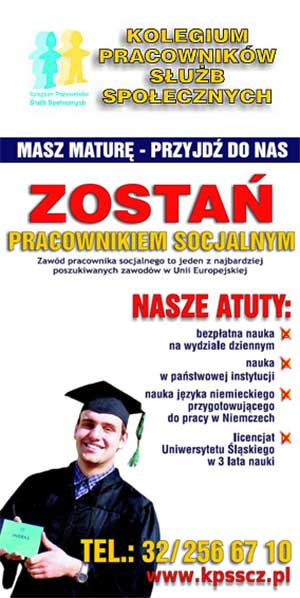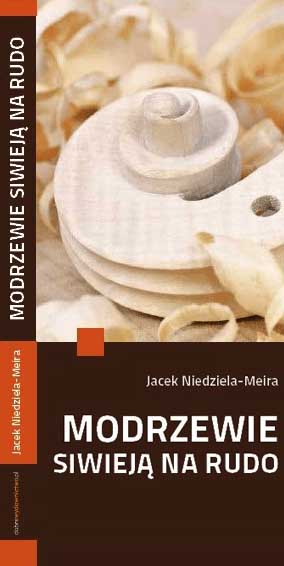Felipe Chibás Ortiz is not only the one of the main supporters of UNESCO’s initiative MIL Cities and a professor at University of Sao Paulo – the largest and first university in Brazil and the best in Latin America but also an exceptional and awarded poet, dreamer, passionate writer, author of 29 published books, street philosopher, self-taught dancer, citizen of the world, university professor, international speaker and crazy for the life! He is entrepreneur, social innovator and a priest of knowledge. His mission is to share and spread knowledge.
But the clouds are my country.
float in its foam, my vocation.
Felipe Chibás Ortiz
Have you got inborn qualities of a leader or you rather became a leader?
I became a leader step by step. In Cuba, we were encouraged to play the role of leadership since we were children. I had to learn to be a leader when I became a professor. I have led research groups, such as Toth-CRIARCOMC. I also organize international events like the International Meeting CULTURE, COMMUNICATION, MARKETING AND COMMUNITY. In May 2022 I coordinated the panel „Navigating the Infodemia with Media and Information Literacy”, at the World Press Freedom Day. I also collaborated in writing a book with the same title Navigating the Infodemic with Media and Organizational Literacy. I also co-organized this year the panel entitled “The UNESCO Media and Information Literacy Cities Paradigm and the 2030 Agenda: Metrics for the cities of the future”, which was presented at the World Urban Forum 11. I lead a team of people as the UNESCO Representative for Latin America and the Caribbean MIL ALLIANCE. I co-lead the international initiative MIL Cities. I am also UNESCO advisor on Media and Information Literacy and a member of the Steering Committee of UNITWIN, UNESCO Summer School at the Universidad Auntonoma de Barcelona.
In childhood or as a teenager did you fulfill any leader roles of any group or you were rather the best student?
Since childhood I excelled in learning. I had been writing poems since I was 6 years old. I liked to play chess and read the newspaper. I believe that these practices helped me to form my critical and creative thinking. When I graduated as a psychologist at the University of Havana, I won the Gold Diploma award. Then I won several prizes as a poet. When I worked at the Academy of Sciences of Cuba, I got the National Science Prize.
What were your favorite school subjects and how about your education way; what universities have you graduated from, which faculties you have finished and which degrees you got. What were the topics of your master/ doctor work?
In my youth I always liked History and Literature. Then, at the University of Havana, I studied Psychology. When I became a researcher at the Cuban Academy of Sciences, I became interested in the Creativity and Innovation. When I took my Master’s and Doctorate at the USP, I focused on Public Relations, Communication, Marketing, Hospitality and Tourism, as well as Business Management. On my postdoctoral degree I focused on digital marketing and innovation and high business performance teams.
How have you developed your job career?
I started as a staff manager in the Cubatur. Then I coordinated the Consultorio do Amor with several psychologist, assisting young people in a psychological orientation service. Then I entered the Cuban Academy of Sciences as a researcher and the Ministry of Culture of Cuba as an advisor and professor. When I went to Brazil, I became a consultant for companies in the field of creativity and innovation. I also became a university professor. In 2007 I founded the company Perfectu Empresarial. I was selected to present the MIL Cities model at World Day of Cities in 2019 organized by UNESCO. I have also participated as a speaker at Global MIL Week and have been a member of the organizing committee of this event since 2019. Today I work as a professor at the University of São Paulo and also in the functions of Representative for Latin America and the Caribbean of UNESCO MIL ALLIANCE, coleader international group Gown and Town (MIL Cities and Innovation), member of the UNITWIN (UNESCO Summer School) in the Autonomous University of Barcelona, and consultant on Media and Information Literacy (MIL)to the UNESCO Regional Office of Latin America and the Caribbean.
Why have you chosen the direction of communication and marketing – Innovation Management and Organizational Creativity, Public Speaking and Personal Marketing and Design Thinking, how are they useful in the contemporary world?
I think that without innovation and marketing today, no company survives. Today we are all receivers and senders of digital communication, so we also need to learn how to do our marketing. Therefore, I was also interested in the theme of transforming and building cities in a planned way, which using new technologies, are ethical, and respect the diversities and peace.
How do you find teaching students? What is specially interesting for you in this area?
I think I’m teaching students in a creative and innovative way, building new knowledge from the practical knowledge they have and transforming it while studying. I also work with cartoons to show complex concepts such as those of MIL Cities. That’s why my books always have a chapter with cartoons.
How do you get knowledge for your publications? Which are the most relevant/recent?
I am interested in understanding the world in all its complexity and simplicity. I travel between various scientific and human disciplines. The sources of my articles and books are the people, practical projects and cultures. And of course, also authors, scientific articles and works.
My last three books that I consider the most interesting are “The UNESCO MIL network of cities and Agenda 2030: education, communication and sustainable health”, “From Smart cities to MIL Cities: Metrics inspired by UNESCO’s vision” and ‘Navigating the Infodemia with Media and Information Literacy (MIL)”.

so we also need to learn how to do our marketing
What is your role in promoting and connecting cities, as a Latin American and Caribbean Representative of the Global Alliance for Partnerships on Media and Information Literacy (GAPMIL) of UNESCO? Why is it so important?
I am an implementer of the Media and Information Literacy paradigm, as well as attracting and integrating people around the MIL cities. I’m involved in working for UNESCO’s two major priorities: fighting for gender equity and helping African people. I also contributed to fighting the cultural barriers to communication and racism faced by people of African descent on all continents.
What achievements in your life are you especially proud of?
For being honored at the Chamber of Deputies for spreading the MIL Cities framework. I’m proud that my ideals left the paper and are useful in the transformation of society. I am also proud of being the author of innovative proposals that are applied in many countries. I’m proud that I have led and guided the implementation of various policies. I am also very happy to be able to move people with poems of my own, such as the „Cities without Lungs”, published on the UNESCO website.
How do you relax/ load batteries?
Sometimes I relax changing my intellectual activity. I do it by jumping from one activity to another. I also take advantage of my business trips to enjoy the landscapes and meet new people. But there are also times when I really shut down. At these times I love cinema, theater, reading a good book, poems, dance.
What are your plans?
I intend to apply more of my research in a practical way. Making many of my ideas, such as the Digital Marketing Cycle and Metrics or the MIL Cities Metrics application, actually becoming something real. I intend to continue helping UNESCO to disseminate and implement the MIL Cities concept around the world. I also want to publish more books of poems. •




